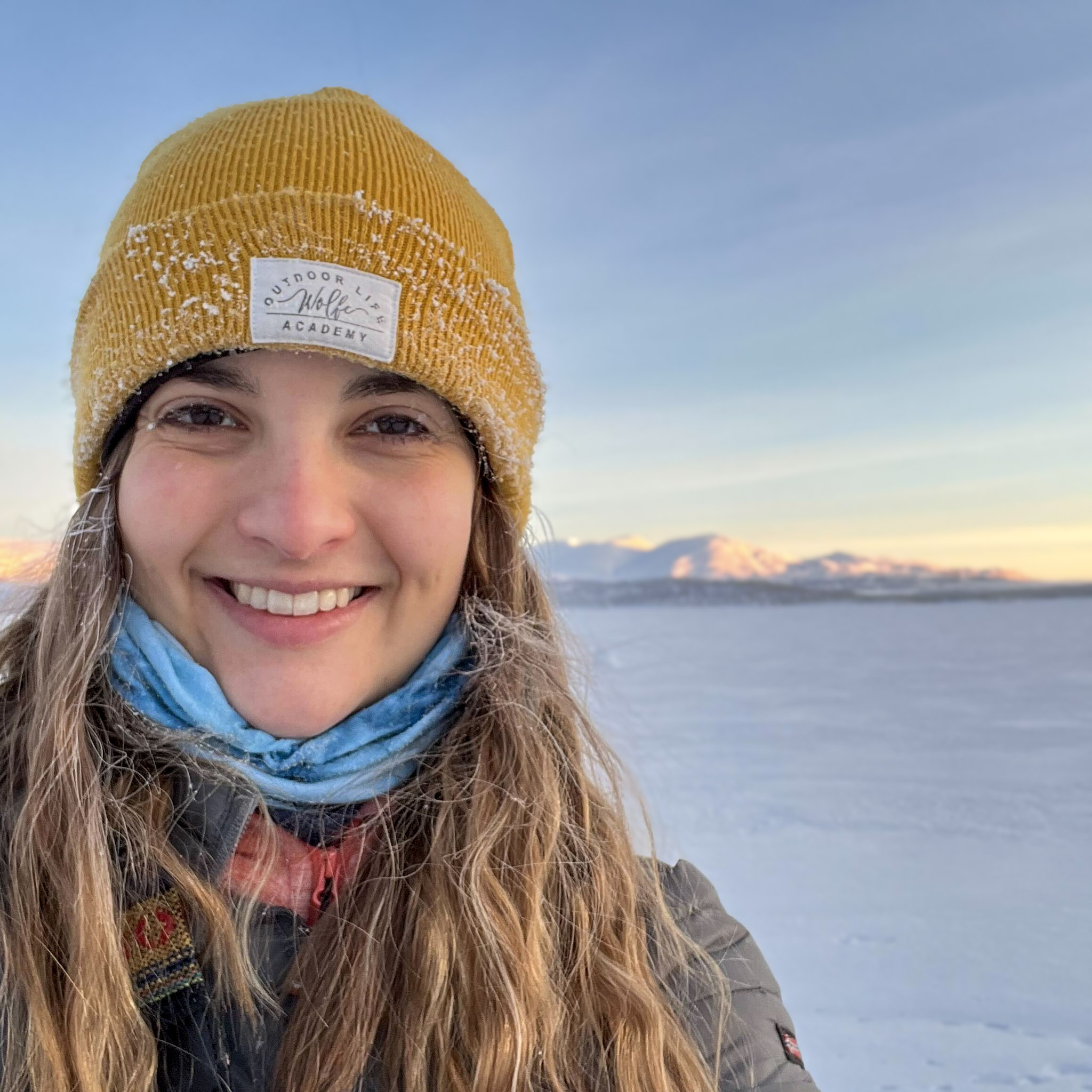Science and music festival Starmus 2025 will return to the Canary Islands
It will be held on the island of La Palma and address big issues such as space debris and light pollution.

The ambitious science and music festival Starmus will return to the Canary Islands in April 2025 for a historic edition, both for the festival and the island of La Palma.
Starmus combines art, music and science to elevate science communication and engage humanity in some of the biggest questions of our time. It was founded by astrophysicist Garik Israelian and Queen guitarist and astrophysicist Brian May.
The festival traditionally occurs every two years and recently celebrated its seventh edition in Slovakia in April 2024; Starmus Earth was attended by more than 100,000 people across various events in the country's capital Bratislava. Starmus La Palma will be a special edition, occurring just one year after the previous festival. It also aims to be the most informative and accessible Starmus yet, being entirely open to the public with all events free of charge, according to a statement on Astronomy.com
Related: Starmus 2024: Scientists and musicians unite in Bratislava to celebrate planet Earth
For the 2025 edition, Starmus La Palma "Island of Stars," will focus on the challenges of light pollution and space debris while promoting La Palma, known as the "isla bonita" (the pretty island) as one of the best places in the world for stargazing. Held in partnership with the Starlight Foundation, the effort is part of a recovery program designed to repair the island of La Palma after the 2021 eruption of the Cumbre Vieja Volcano, according to a press release. The three-month-long eruption destroyed more than 3,000 properties and hundreds of acres of farmland.
Related: Satellites watch as volcano erupts on Spanish island La Palma after half a century of silence
This special edition of Starmus will return home to La Palma in April 2025 with a four-day program of world-class lectures and performances from a stellar line-up, more details of which will be announced in September 2024.
Get the Space.com Newsletter
Breaking space news, the latest updates on rocket launches, skywatching events and more!

La Palma is situated in the Canary Islands archipelago and is famed for its natural beauty and dark skies. The island has been cataloged as a UNESCO World Biosphere Reserve, with a third of its territory being a protected area. On the rim of the Taburiente National Park at an altitude of 7,860 feet (2,396 meters) is the Roque de los Muchachos Observatory (ORM), home to the largest optical-infrared telescope in the world. In a bid to preserve both the natural landscape and pristine dark skies, the island was the first place in the world to be declared a Starlight Reserve and Starlight Tourist destination.
Join our Space Forums to keep talking space on the latest missions, night sky and more! And if you have a news tip, correction or comment, let us know at: community@space.com.

Daisy Dobrijevic joined Space.com in February 2022 having previously worked for our sister publication All About Space magazine as a staff writer. Before joining us, Daisy completed an editorial internship with the BBC Sky at Night Magazine and worked at the National Space Centre in Leicester, U.K., where she enjoyed communicating space science to the public. In 2021, Daisy completed a PhD in plant physiology and also holds a Master's in Environmental Science, she is currently based in Nottingham, U.K. Daisy is passionate about all things space, with a penchant for solar activity and space weather. She has a strong interest in astrotourism and loves nothing more than a good northern lights chase!









